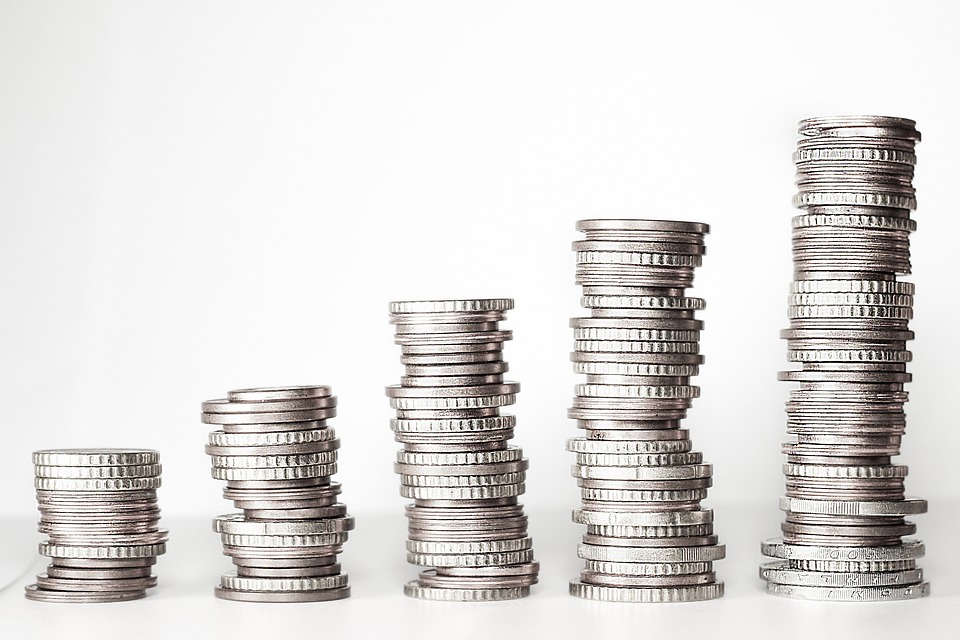Top 10 Common Questions Asked When Investing In Precious Metals

Image Source: Pixabay
Currently, many people are concerned about a falling economy and record-high inflation rates. If you look at the gold price, you will notice a steady growth in value compared to other assets. Read along as we answer some of the most common questions when investing in gold, silver, platinum, and palladium assets.
1. Invest In Physical, Paper, or Digital Precious Metals?
The most popular way to invest in precious metals is to own the physical metal. People love to have possession of their metals for several reasons but to most obvious reason is trust. Many investors in precious metals do not trust financial institutions the way they trust themselves. Owning the physical metal allows you complete control over the asset.
Buying paper or digital precious metal assets, like futures contracts and gold certificates, are not backed by the metal. Paper assets focus on investing in gold mining companies or the future price of the metal.
2. Unallocated or Allocated Metals?
Allocated metals are accounts that will store your investment in secure facilities. Unallocated accounts do not store your physical metals
3. What Is The Markup On Spot Prices?
Purchasing precious metal bars and coins have markups (premium) that range between 2% to 9% to Spot price. The premium will depend on purity, volume, rarity, and inventory. Certain coins and bars are more popular than others, so demand will also play a role in the metals premium over the spot.
Exchange-traded funds are traded relatively closer to the spot price, with an added fee. You will pay fees to cover the storage, trading, trustee oversight, shareholder reporting, insurance, and managerial profit. If you are interested in closed-end funds, premiums will be significantly lower than ETFs.
4. How Will I Store My Precious Metals?
If you decide to take physical ownership of your precious metals, you should invest in a good safe. You can also opt for a safety deposit box at your local bank. Minimizing the risk of loss is very important, so selecting an insured custodian to store your precious metals can provide comfort to those folks who worry about having valuable assets at home.
5. Am I Allowed To Take Delivery Of Precious Metals?
The best way to take delivery of precious metals is to purchase them directly from a trusted bullion exchange company. You can’t take delivery of the precious metals when owning ETFs. You can find some closed-end funds that authorize investors to take delivery of precious metals.
6. What Are The Costs Associated With Precious Metals Ownership?
Physical ownership will accrue storage and insurance costs. For closed-end funds and ETFs, you will incur administrative fees.
7. Is My Investment Liquid?
Owning precious metals is one of the most liquid investments you can own. You can exchange ETFs and closed-ended funds throughout the trading day. If you want to sell physical assets, you can find many bullion dealers that will be more than happy to purchase your precious metals.
8. Are Precious Metals Taxed?
The IRS defines precious metals as collectibles in the same light as art. Precious metals sold within a year will pay the ordinary tax rate for the individual. Sales made after a year are subject to a 28% collectible tax rate. ETFs will pay the same rate as physical precious metals ownership. Under those circumstances, please reach out to a tax attorney who can asset you, since tax regulations can frequently change.
9. Which Precious Metal Should I invest In?
Gold is the most popular precious metal, but other precious metals provide you with significant value as well, such as silver, platinum, and palladium. For thousands of years, gold has been viewed as the ultimate currency. In times of economic crisis, people use gold as a safe-haven investment and hedge against inflation.
Silver is a metal that has many uses. This precious metal has been used as currency for generations but also as is currently used in manufacturing and tech. Manufacturers use a little over 50% of silver for industrial purposes. As supplies continue to dwindle, silver is set to be the next commodity to hit record high values soon.
Platinum and palladium offer qualities similar to silver but are more scarce. Platinum and palladium are in high demand in the automotive industry. Higher demand equals higher valuation.
10. How Do I Protect Myself From Counterfeits?
Counterfeit precious metals are a detriment to the industry, but with new technology that can detect authenticity, buyers can feel more at ease when making transactions. Purchasing metals from highly reputable companies will minimize these issues as well. Some of the top mints in the world, like the US Mint and Perth Mint, have created high-tech security features on their products.
CONCLUSION
Finally, investing in precious metals can be daunting in the beginning. In the end, understanding the points previously made will help you get started with the basics, but continuous education and experience will help you understand what’s the best strategy to pick when diversifying your portfolio.
Disclaimer: This article is not meant to serve as professional economic advice. Any action you take upon the information from this article and website is strictly at your own risk.



